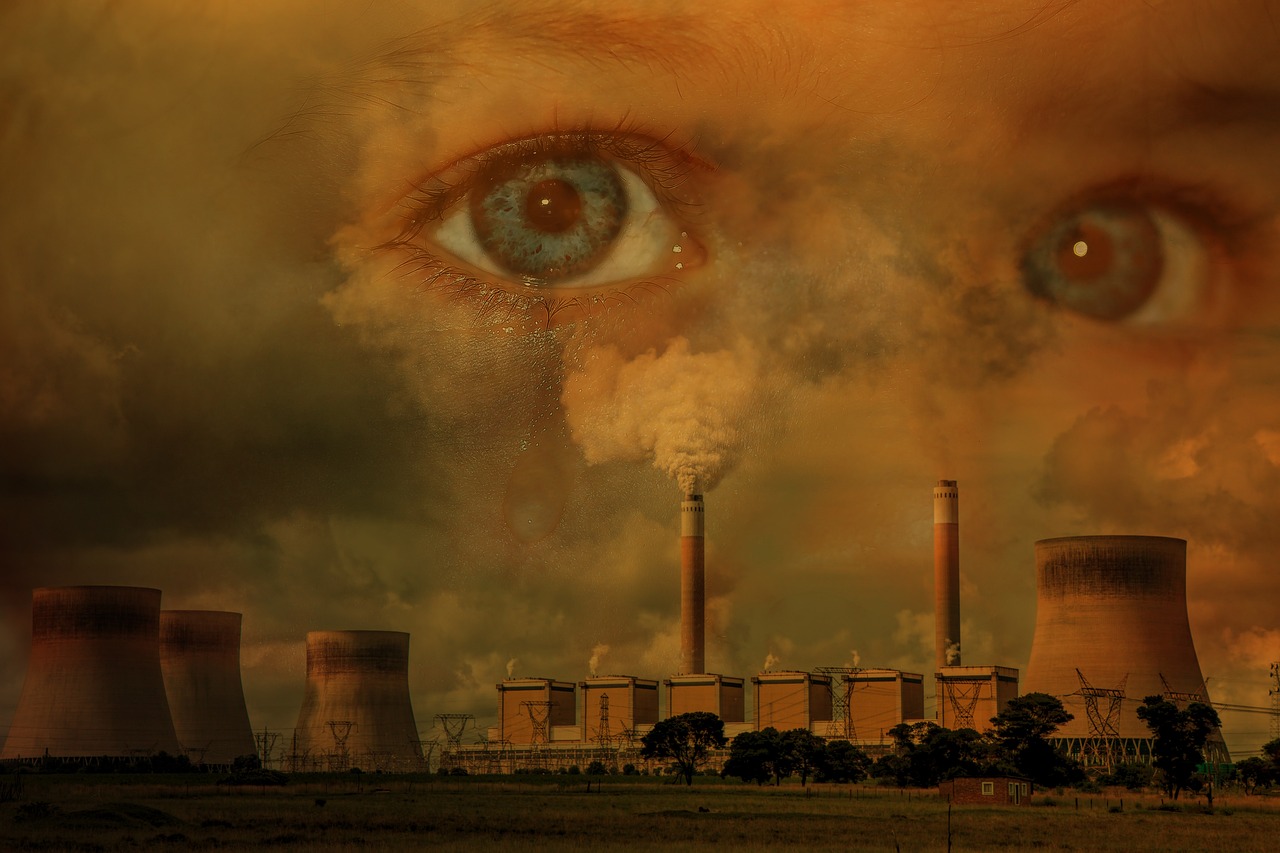
by Shauna Dobbie
It’s wishful thinking to say that we don’t know what causes climate change or that there is no climate change. We are as certain as can be that the Earth is warming faster than it has at any time that humans have existed.
How do I know that? I haven’t studied climate, or climate change, or physics, or any of the myriad things that have led most (over 90 percent; a common citation is 97 percent) of the world’s scientists to the conclusion that we are undergoing rapid, human-made climate change (1). But I do believe them.
Now, most scientists at the turn of the century (1899 to 1900, that is) fervently believed that we had learned all the basic laws of physics, but then the theories of relativity and quantum physics emerged. Had I been alive in the 1800s, would I have believed the scientists who thought we were done figuring things out? Yes. Because I am not a scientist; I believe what scientists agree on.
Would the many scientists before 1900, who believed wrongly that there was nothing left to learn in physics, be embarrassed or reject the theories of relativity and quantum physics? I’m sure some did, but the ones who looked into these new-fangled ideas simply changed their positions. That’s what good scientists do.
The current belief is that the Earth is warming because there is more carbon dioxide in the atmosphere than in the past. There hasn’t been this much carbon dioxide in the atmosphere in 3-million years, which is important, because higher levels of carbon dioxide make global temperatures go up. (You can find out why online.) The reason there is so much carbon dioxide in the atmosphere is because of humans burning fossil fuels and removing forests, which are a carbon sink, keeping carbon at ground level.
Do some scientists disagree with the carbon dioxide theories of global warming? Sure. And if there weren’t scientists trying to find other possibilities to explain the rapid rise in global temperatures, it wouldn’t be science. One distinguished scientist (I imagine my mom will tell you all about him), Peter Langdon Ward, believes that climate change is created by volcanoes. He is a vulcanologist. He’s spending the remainder of his life trying to get other scientists to agree with him that “heat doesn’t flow that way”.
The problem with Ward's hypothesis, as I understand it, is that it does not adequately explain many observed patterns of climate change, such as the warming of the oceans, the increase in night-time temperatures, and other critical details that are well-explained by the increase in greenhouse gases.
According to the Pew Research Center, 14 percent of Americans say there is no clear evidence that climate change is even happening. Regular Americans, not scientists. And I can understand why.
Reports on climate change by people in the media (like me) often rely on the worst-case scenario to get people to listen (I don’t). We, the public, have been upset about polar bears disappearing and ice caps melting. My daughter told me that the world would be unlivable in 10 years. (I think that was about six years ago.)
The ice caps are melting, and the polar bears, who rely on icy oceans for food will probably start to die off, though “scientists estimate that there is a 70-percent chance the global population of polar bears will fall by more than a third within the next three generations” (carbonbrief.org), which isn’t enough to make them disappear too fast. In either case, the doom is something we cannot directly see or feel now.
Some people are very concerned about human life on the planet in 50 years or 100 or 200 years. In 50 years, most of us reading this will be dead with or without global warming. Our children and children’s children will still be alive, though, and that may give us pause for concern. If climate change continues to happen at a rapid pace (and unless something changes, it will), imagine what your great-granddaughter will tell her kids about you, and about us.
- • •
Note:
(1) For instance, from a paper called “Consensus on consensus: a synthesis of consensus estimates on human-cased global warming” in Environmental Research, 2016: “The consensus that humans are causing recent global warming is shared by 90 to 100 percent of publishing climate scientists according to six independent studies by co-authors of this paper. Those results are consistent with the 97-percent consensus reported by Cook et al based on 11,944 abstracts of research papers.” Renegade economists sometimes disagree with these figures, but their arguments are not hard to poke holes in.


